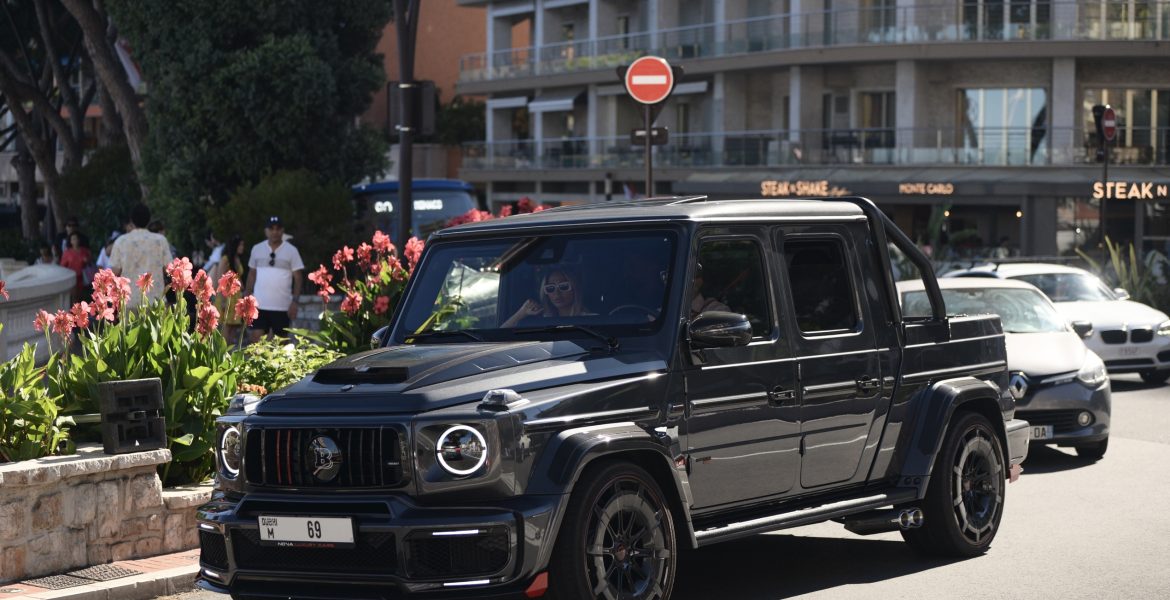In the land of Lamborghinis, Rolls-Royces, and cars that cost more than penthouses, you’d think it’s hard to stand out on the road. But in the UAE, Vivaan Shenoy shares why the real flex isn’t always the vehicle, it’s what’s on it. We’re talking about vanity plates, where digits are more than just identifiers but they’re status, heritage, investment, and social power.

When Less Means More
In a country that thrives on exclusivity, the fewer digits on your plate, the higher your net worth signal. Single and double-digit license plates (think “A 5” or “R 22”) have sold for millions of dirhams, often at auctions that feel more like luxury galas than government events. The record-breaker? Plate “P 7,” auctioned in Dubai for AED 55 million not just a car plate, but a statement of domination.

Why the Obsession?
Vanity plates in the UAE carry cultural weight. The right number can represent:
A birthday or anniversary
Lucky digits in numerology or religion
Tribal or family significance
A subtle nod to royalty or elite circles.

Flex Culture, Digital Edition
These aren’t just physical symbols anymore, vanity plates are going viral on TikTok, Snapchat, and Insta Reels. Car spotting accounts have turned Dubai traffic into a red carpet. Influencers roll up in G-Wagons with “69,” “007,” or their own initials, sparking comment wars and fan theories.

Clout Comes With a Cost
The scramble for rare plates has created a secondary market where numbers are flipped like NFTs. And while some see it as harmless glam, others question the ethics: is it tone-deaf to flaunt multi-million-dirham digits in a region still working on economic inclusion?

Final Thought
In the UAE, your license plate might say more about you than your job title or your car. It’s minimal, coded, and fiercely competitive and just the way luxury should be.











